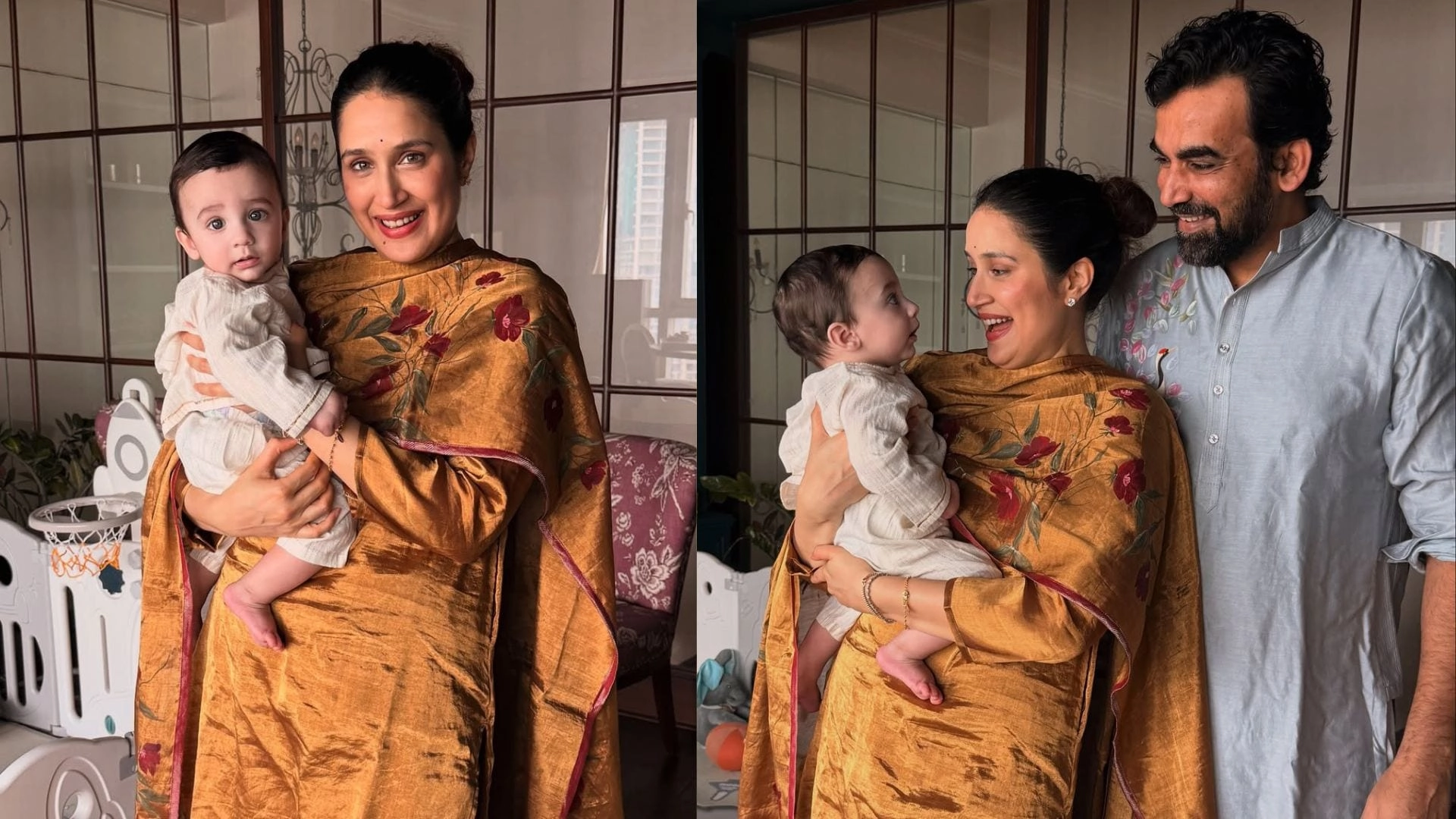Naseeruddin Shah, the renowned Indian actor, recently found himself at the center of a social media storm following a Facebook post that expressed his support for fellow artist Diljit Dosanjh. In an era where social media serves as a powerful platform for public figures to voice their opinions, Shah’s post quickly garnered attention, leading to discussions across various forums. However, the post was ultimately taken down, prompting Shah to clarify the situation and share his perspective on the matter.
In his statement, Shah emphasized that the post was “taken down” rather than deleted, suggesting that external factors may have prompted its removal. This distinction highlights the complexities of navigating social media, especially for individuals in the public eye. Shah’s support for Dosanjh, particularly in the context of current social and political issues in India, reflects the broader challenges artists face when they engage in activism or express dissenting opinions. The actor’s willingness to stand by his fellow artist resonates with many who believe in the importance of solidarity among creatives, especially during turbulent times.
The incident underscores the delicate balance between artistic expression and the potential repercussions that can arise from sharing one’s views online. Shah’s experience serves as a reminder of the power of social media, which can amplify voices but also expose individuals to scrutiny and backlash. For many artists, the fear of censorship or backlash can stifle their willingness to speak out on pressing issues. Shah’s statement encourages ongoing dialogue about the role of artists in society and the importance of standing up for one another, even in the face of adversity.
As the conversation surrounding Shah’s post continues to evolve, it raises pertinent questions about freedom of expression and the responsibility that comes with being a public figure. The support for Diljit Dosanjh highlights a growing consciousness among artists regarding their influence and the impact their voices can have on societal issues. Ultimately, Shah’s experience serves as a poignant reminder of the complexities surrounding social media engagement in today’s world, where every post can spark significant dialogue and reflection on the intersections of art, politics, and personal expression.



